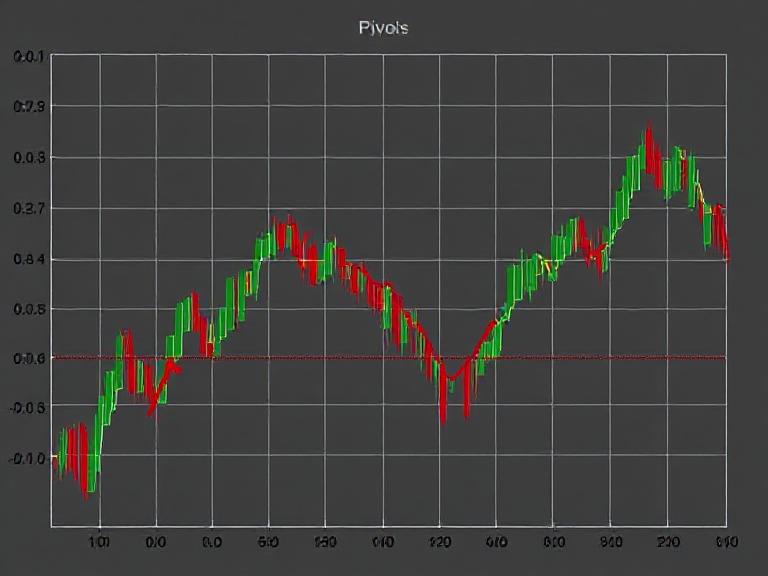📊 Lesson 3.4 – S/R Pivot Points
“Let the math do the work. Pivot points offer calculated guidance for market entries and exits.”
🎯 Lesson Objective
Learn how to calculate and use Pivot Points – mathematically derived price levels that help identify support and resistance (S/R) zones with objectivity and clarity.
📐 What Are Pivot Points?
Pivot Points are pre-calculated price levels based on the previous period’s high, low, and close. These levels help traders forecast potential support and resistance zones.
🧮 Pivot Point Formula
Once the Pivot Point (P) is calculated, the support and resistance levels are:
-
R1 = (2 x P) – Low
-
R2 = P + (High – Low)
-
R3 = High + 2(P – Low)
-
S1 = (2 x P) – High
-
S2 = P – (High – Low)
-
S3 = Low – 2(High – P)
📆 Time Frames Used
| Type of Pivot | Based On | Used By |
|---|---|---|
| Daily | Previous Day’s H/L/C | Intraday traders (scalpers) |
| Monthly | Previous Month’s H/L/C | Swing traders |
| Yearly | Previous Year’s H/L/C | Position traders |
Note: H = High, L = Low, C = Close
📲 How to Access Pivot Points?
-
Most chart platforms (like TradingView) offer built-in Pivot Point indicators.
-
MT4/MT5 users can download free custom indicators for daily/monthly pivots.
-
Keep in mind: Daily pivot levels may differ slightly depending on your chart time zone (GMT vs EST).
🧠 How Traders Use Pivot Points
There are 7 key pivot levels:
| Label | Meaning |
|---|---|
| P | Central Pivot – average price |
| R1, R2, R3 | Resistance levels |
| S1, S2, S3 | Support levels |
📌 Traders look for:
-
Price bouncing at S1, S2, or S3 → support confirmation
-
Price failing to rise past R1, R2, or R3 → resistance confirmation
📈 Best Practices
✅ Use Pivot Points as confirmation, not standalone signals
✅ Combine with trendlines, moving averages, and S/R zones
✅ Watch for price reactions near Pivot, R1/S1 – great for entries/exits
✅ Be mindful of false breakouts around these areas
🗒️ Instructor Notes
Pivot Points provide objectivity and structure. Every trader (theoretically) sees the same levels. That’s powerful.
Use them to enhance your S/R decisions, not replace them.

 English
English 


